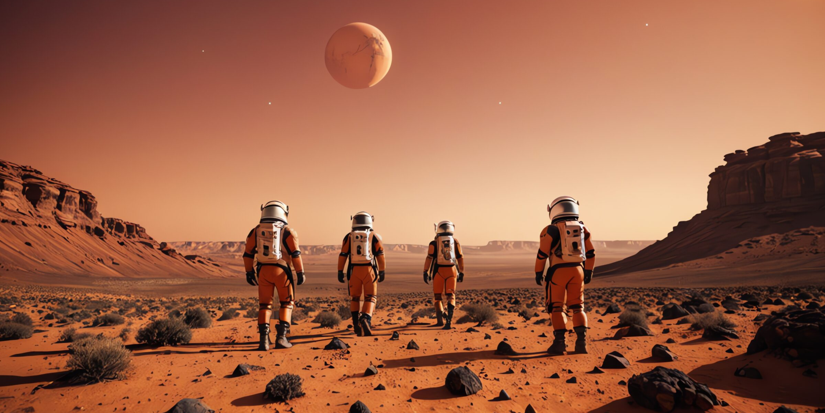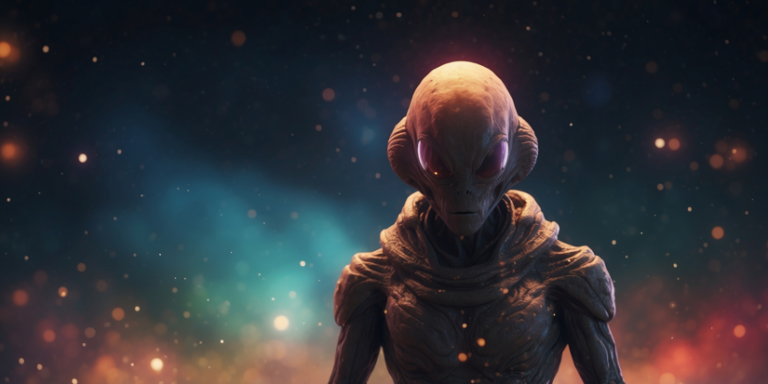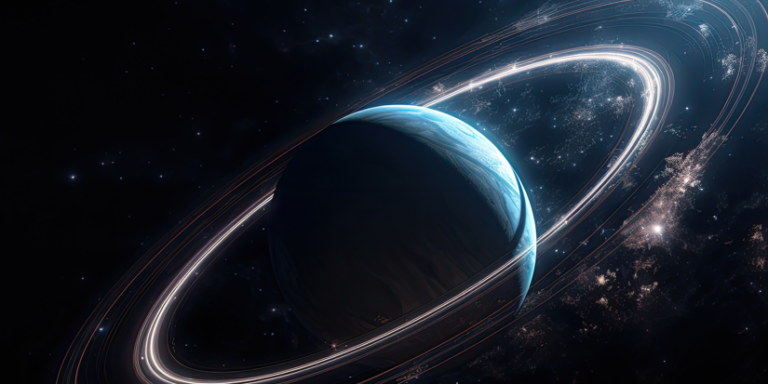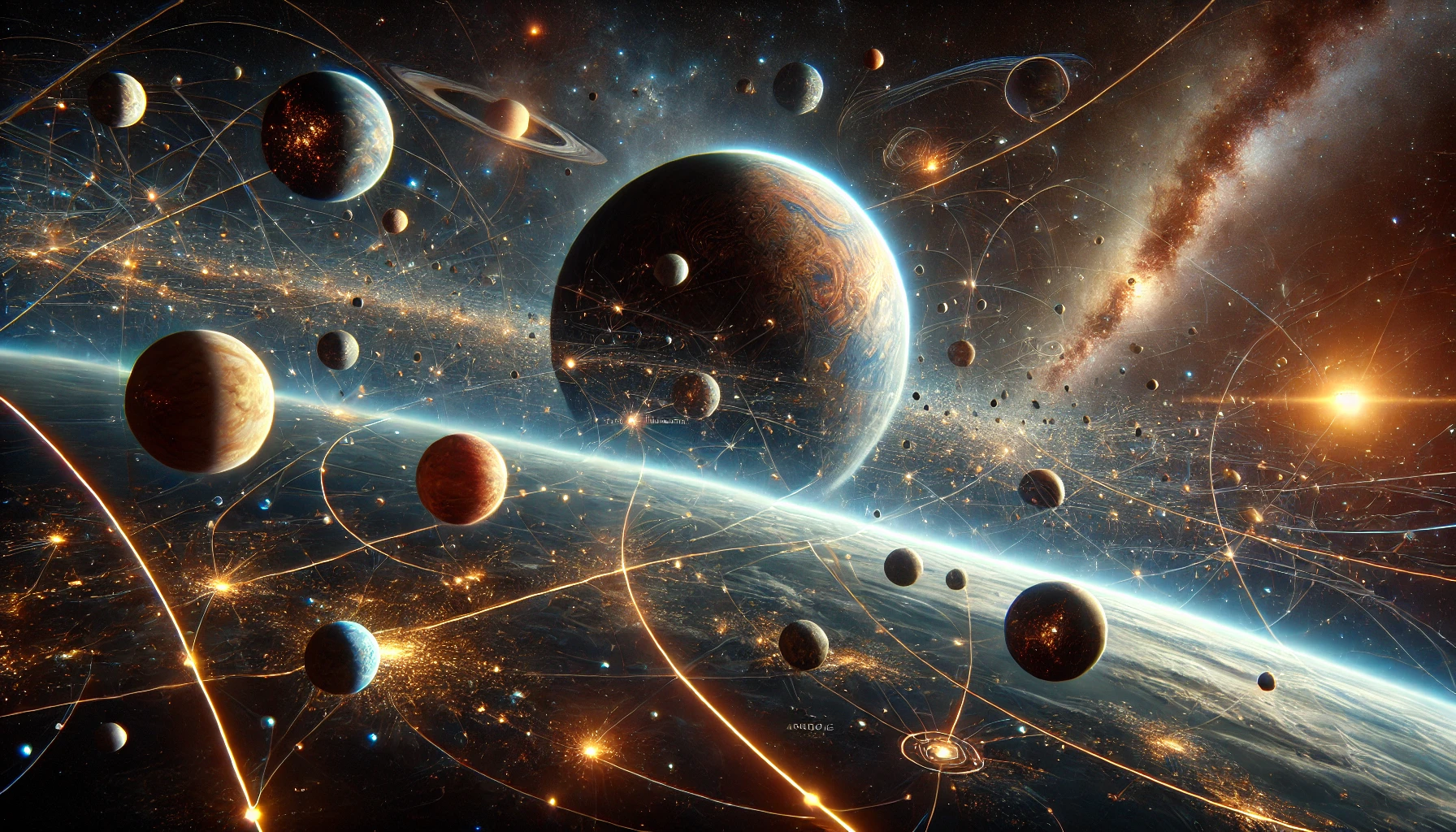
One of the most fascinating, intricate, and utopian societies in science fiction is Ian M. Banks’s The Culture. The morality, freedom, and scientific prowess of this post-scarcity, hyper-advanced society are rarely matched in the genre. Human (and non-human) well-being and personal fulfilment are central to this civilisation, which was founded on the principles of radical egalitarianism, autonomy, and hedonism. The people of the Culture are free from the bonds of want and misery and live in a society devoid of exploitation, poverty, and inequality. This world challenges readers to consider what mankind would become if we achieved a point of technical development where everyone’s wants and needs could be satisfied without hindrance or rivalry.
Artificial Intellegence And The Prescence Of Sentients
The culture’s deep technological competence is essential to its greatness. Their spacecraft are sentient and controlled by Minds, who are sophisticated artificial intelligences that live alongside living things and frequently assume leadership positions. These minds represent a kind, enlightened intelligence that leads the culture with a strong moral compass rather than oppression. In addition to meeting their material requirements, their technology allows them to study the cosmos, gain knowledge from it, and, if needed, meddle in the internal affairs of less developed societies. These interventions are well-considered, frequently implemented with autonomy in mind, and are solely intended to stop what the culture considers to be needless suffering or extreme oppression.
The Heirachy of The Culture
Within its own ranks, the Culture’s stewardship of less developed cultures is controversial. This is especially true of its elite offshoot, Special Circumstances, which deals with delicate dealings with extraterrestrial societies, and its clandestine branch, Contact. This moral complexity in their use of power lends the Culture a depth of ethics and realism that is uncommon in utopian portrayals.
The Culture’s commitment to individual freedom and diversity also sets it apart. In this society, people can change their appearance, gender, and even physical capabilities at will, thanks to their advanced biotech. There’s an understanding that identity is fluid and personal, and every individual’s autonomy is deeply respected. Personal fulfillment is encouraged, and art, leisure, and intellectual pursuits are widespread, valued, and accessible to all. People have the freedom to travel between planets and artificial habitats, live adventurous lives, or choose more serene existences. This vision of an egalitarian, open-ended life full of possibilities is striking in a genre often focused on hierarchical or authoritarian futures, and it forces readers to question whether we might one day be able to create a society without the injustices that currently shape ours.
The Culture are one of the greatest civilisations in sci-fi
In many ways, the Culture feels like Banks’s thought experiment, an exploration of humanity’s potential if we could transcend our limitations. It presents a vision that’s hopeful yet grounded in the ethical complexities of wielding immense power. Rather than presenting utopia as a place free from moral dilemmas, Banks’s Culture acknowledges that ethical quandaries still exist in advanced societies but imagines a civilization that strives to handle them with empathy, intelligence, and respect. Through the Culture, Banks offers readers a glimpse of a truly evolved civilization, one that uses its power to foster freedom, curiosity, and compassion, making it one of the most celebrated and thought-provoking civilizations in science fiction.
- The Dark Theory Of Alien Silence: The Berserker Hypothesis
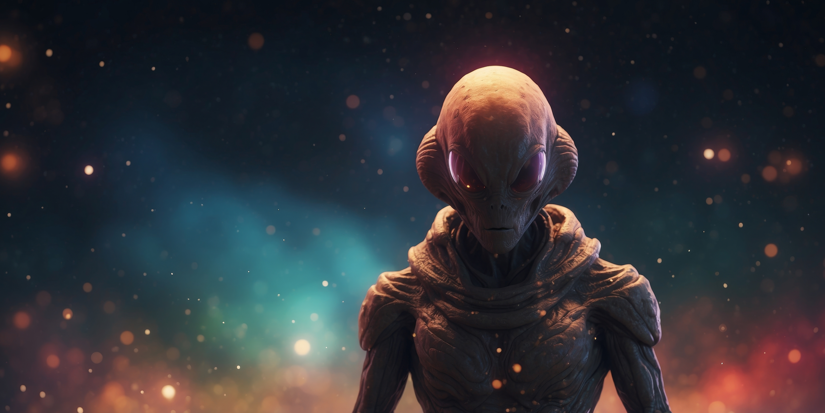
- How Did The Predators Develop Their Advanced Weapons And Spaceships?

- Objects Are Visiting Us From Alpha Centuri

- The Black Hole In Interstellar Was Built From Actual Equations

- Astronomers discover the largest structure in the universe
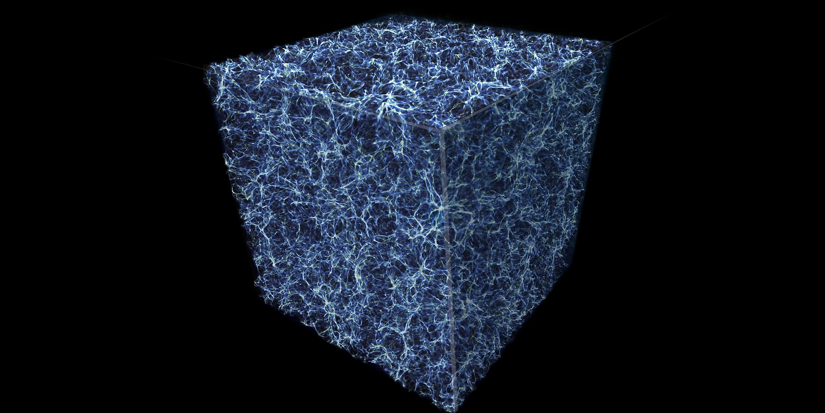
- Russian Plasma Engine Will Get Us To Mars In 30 Days
